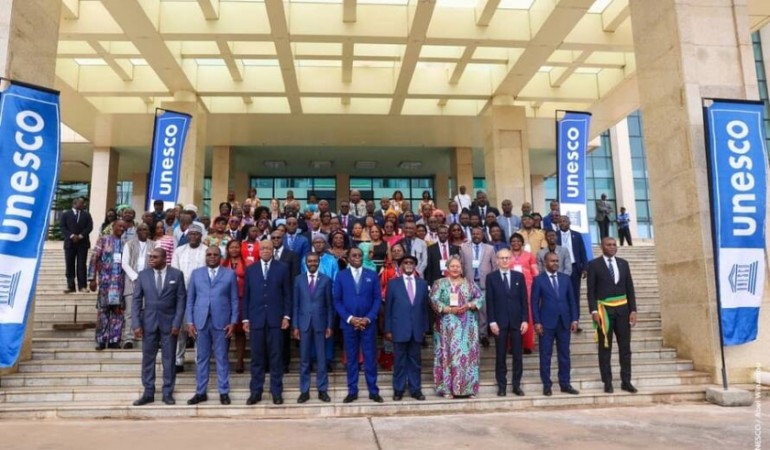
A new report from the United Nations Educational, Scientific and Cultural Organization (UNESCO) has revealed significant gaps in the protection of scientific freedom across Africa, posing a threat to the continent’s ability to innovate and achieve sustainable development. Despite accounting for 12.5% of the global population, Africa contributes less than 1% to the world’s research output, a disparity linked to declining research and development (R&D) spending in sub-Saharan Africa and weak legal frameworks safeguarding academic freedom.
The report highlights that while most African constitutions guarantee human rights and freedoms, explicit legal protections for scientific freedom are glaringly absent. Only 14 of Africa’s 54 countries mention ‘academic freedom’ in their constitutions, and just eight directly recognize it. UNESCO warns that this lack of formal recognition stifles the ability of African researchers to pursue their work without fear of political interference or censorship, hindering the continent’s progress toward innovation and development goals.
“Without the freedom to explore, debate, and communicate scientific knowledge, Africa risks stalling its progress toward long-term development goals,” the report cautions. It underscores the critical role of scientific freedom in fostering innovation that can drive sustainable development.
The report examines six African countries—Ghana, Namibia, Congo, Sierra Leone, Tanzania, and Zimbabwe—and identifies several barriers to scientific freedom, including inadequate legal and policy frameworks, limited resources, and political pressures that lead to self-censorship among researchers.
Africa’s colonial and authoritarian past continues to influence its scientific landscape, with Indigenous knowledge systems often marginalized in favour of Western scientific norms. UNESCO argues that integrating indigenous knowledge into mainstream science could enrich African innovation. “Indigenous knowledge should not be seen as a supplementary addition to science but as an integral part of it,” the report advocates, calling for a more inclusive approach to knowledge generation.
Looking ahead, UNESCO urges African governments to develop a “coherent policy” on scientific freedom, recommending that this be incorporated into the African Union’s upcoming 10-year Science, Technology, and Innovation (STI) plan, set to run from 2024 to 2034.
By linking scientific freedom with broader democratic values, UNESCO hopes to drive policy changes that will safeguard research and empower scientists across the continent. The report concludes with a call to action, urging African governments to prioritize scientific freedom as a cornerstone of sustainable development and global competitiveness.
Article by Nyokabi Wanjiku
Photo/Google

Comment